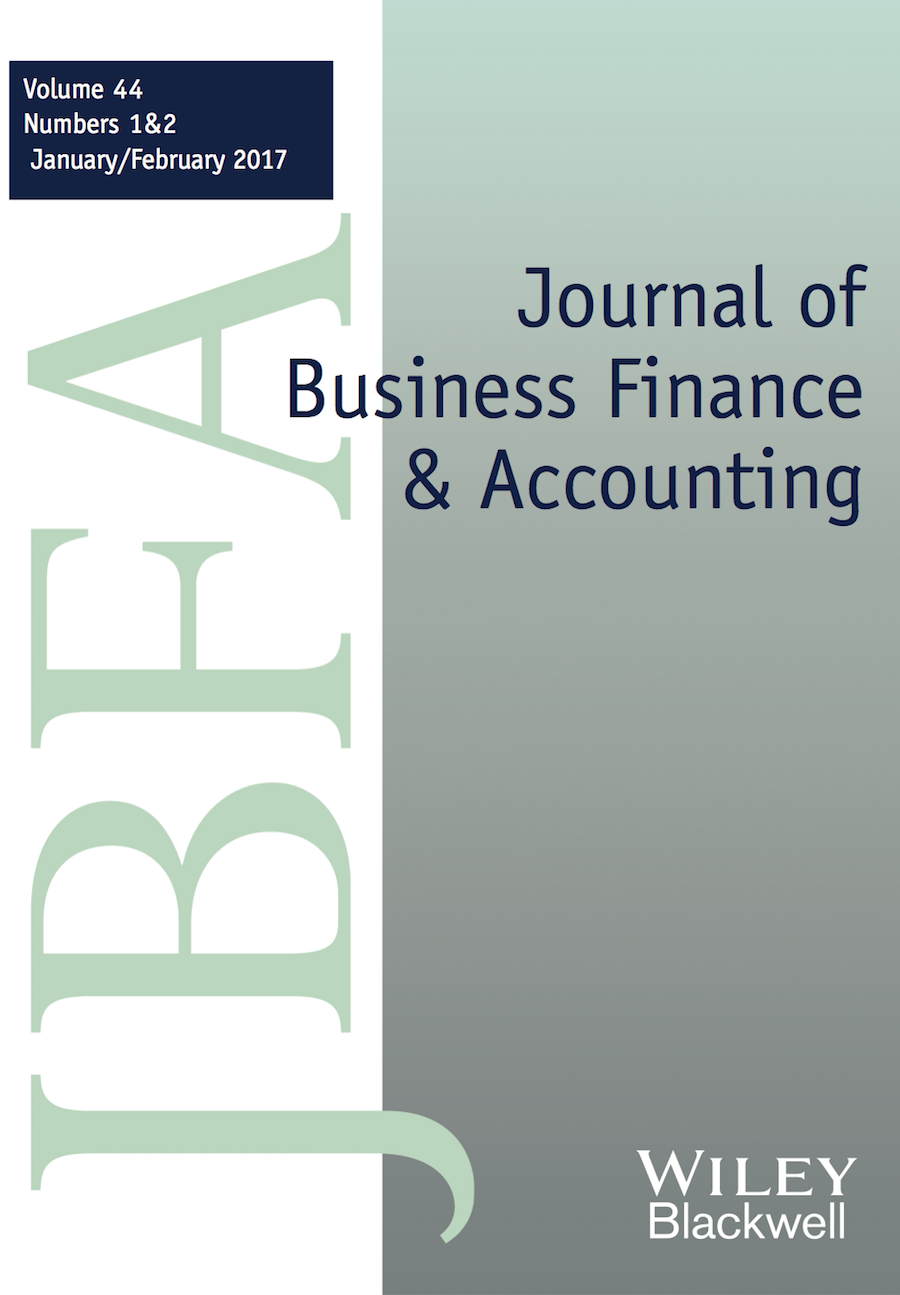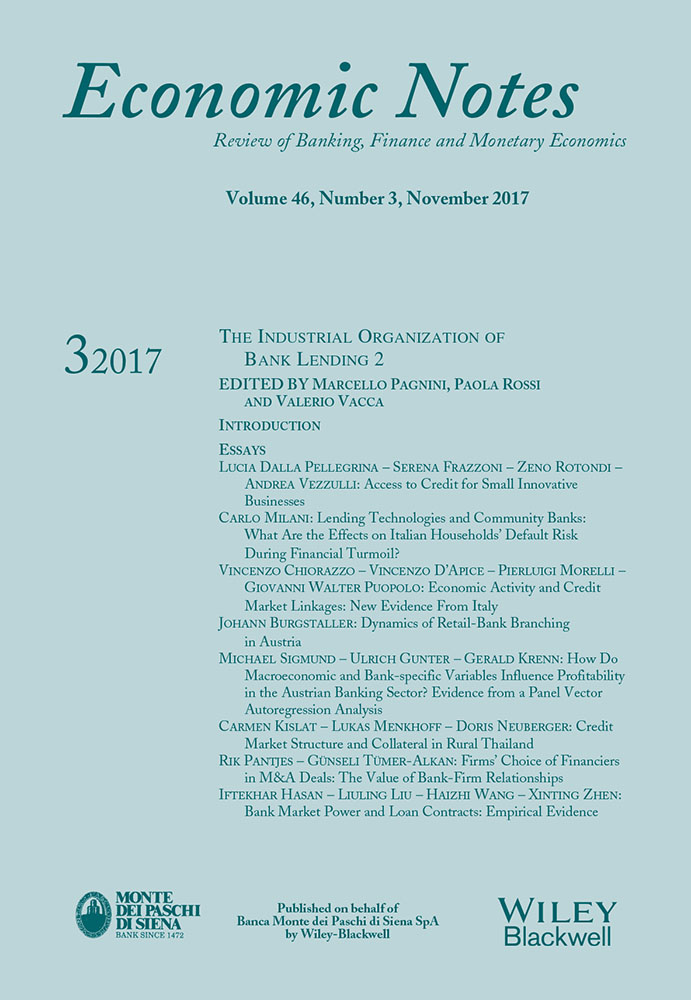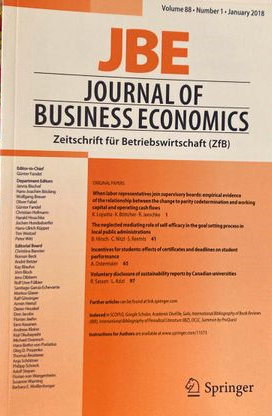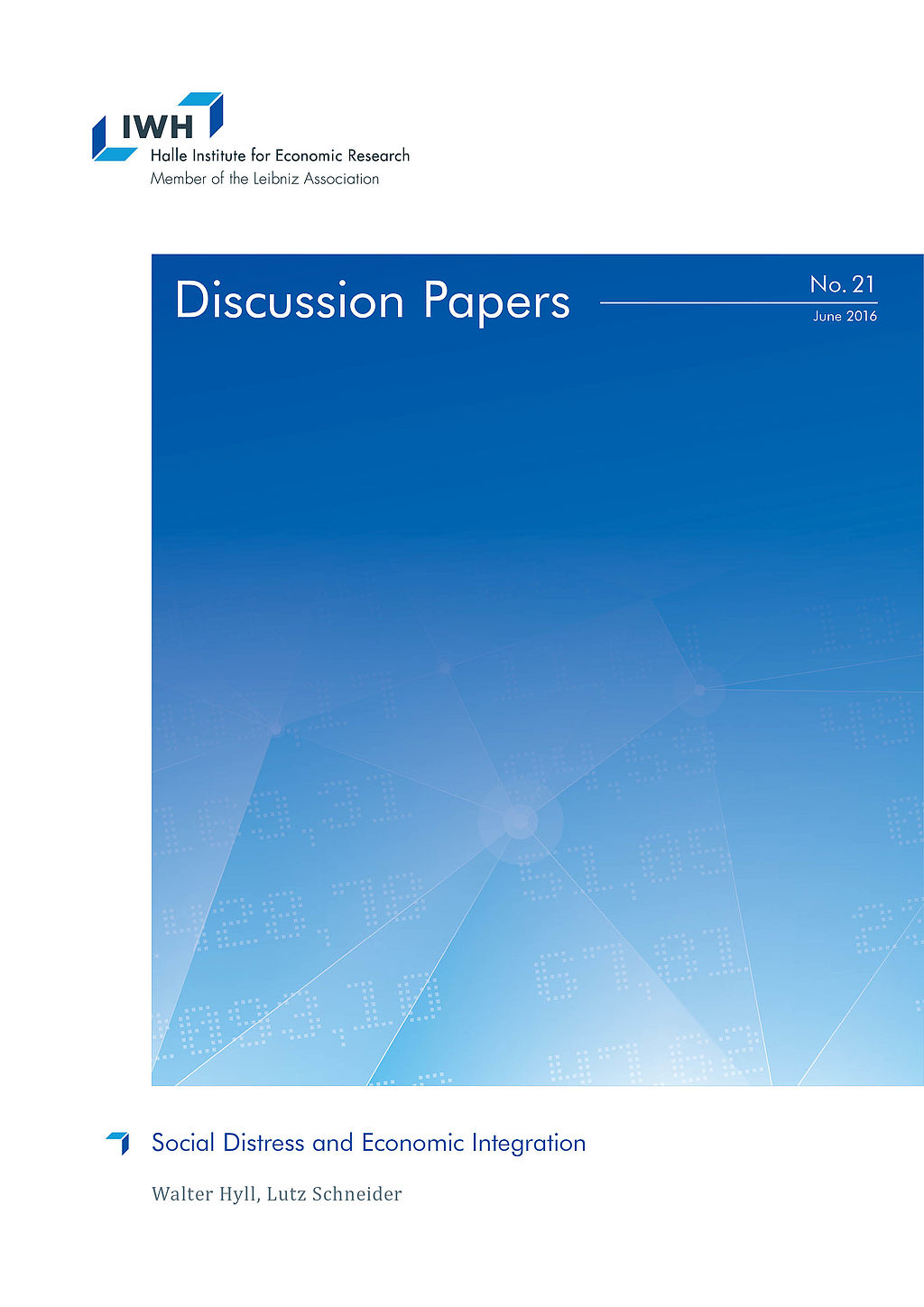Anpassungsfähigkeit und Resilienz des Finanzsystems
Diese Forschungsgruppe untersucht kritische Aspekte der Anpassungsfähigkeit und Widerstandsfähigkeit von Finanzsystemen. Sie analysiert die Auswirkungen von Naturkatastrophen auf Finanzsysteme, die Auswirkungen politischer Präferenzen für die grüne Transformation und die Bedeutung von Kultur in den Volkswirtschaften.
Forschungscluster
Finanzresilienz und RegulierungIhr Kontakt

Mitglied - Abteilung Finanzmärkte
PROJEKTE
07.2016 ‐ 12.2018
Relationship Lenders and Unorthodox Monetary Policy: Investment, Employment, and Resource Reallocation Effects
Leibniz-Gemeinschaft
We combine a number of unique and proprietary data sources to measure the impact of relationship lenders and unconventional monetary policy during and after the European sovereign debt crisis on the real economy. Establishing systematic links between different research data centers (Forschungsdatenzentren, FDZ) and central banks with detailed micro-level information on both financial and real activity is the stand-alone proposition of our proposal. The main objective is to permit the identification of causal effects, or their absence, regarding which policies were conducive to mitigate financial shocks and stimulate real economic activities, such as employment, investment, or the closure of plants.
01.2015 ‐ 12.2019
Interactions between Bank-specific Risk and Macroeconomic Performance
Deutsche Forschungsgemeinschaft (DFG)
Referierte Publikationen

State Ownership and Financial Statement Comparability
in: Journal of Business Finance and Accounting, im Erscheinen
Abstract
Abstract This paper investigates how state ownership affects financial reporting practices in China. Using several measures of state (government) ownership, we show that a one-standard-deviation increase in state ownership decreases financial statement comparability by 36.61%, and the impact is more pronounced when the central authority has majority control of the company. Moreover, lower earnings quality and lower levels of accounting conservatism among state-owned enterprises (SOEs) may explain the lower accounting comparability between SOEs and non-SOEs (NSOEs). Additionally, similar (different) managerial objectives converge (diverge) financial statement comparability between SOEs and NSOEs. Last, the geographical locations of firms also contribute to financial statement comparability. We employ a difference-in-differences design, changes regression and entropy balancing to mitigate potential endogeneity bias.

Bank Market Power and Loan Contracts: Empirical Evidence
in: Economic Notes, im Erscheinen
Abstract
Using a sample of syndicated loan facilities granted to US corporate borrowers from 1987 to 2013, we directly gauge the lead banks’ market power, and test its effects on both price and non‐price terms in loan contracts. We find that bank market power is positively correlated with loan spreads, and the positive relation holds for both non‐relationship loans and relationship loans. In particular, we report that, for relationship loans, lending banks charge lower loan price for borrowing firms with lower switching cost. We further employ a framework accommodating the joint determination of loan contractual terms, and document that the lead banks’ market power is positively correlated with collateral and negatively correlated with loan maturity. In addition, we report a significant and negative relationship between banking power and the number of covenants in loan contracts, and the negative relationship is stronger for relationship loans.

Supranational Rules, National Discretion: Increasing versus Inflating Regulatory Bank Capital?
in: Journal of Financial and Quantitative Analysis, Nr. 2, 2024
Abstract
We study how banks use “regulatory adjustments” to inflate their regulatory capital ratios and whether this depends on forbearance on the part of national authorities. Using the 2011 EBA capital exercise as a quasi-natural experiment, we find that banks substantially inflated their levels of regulatory capital via a reduction in regulatory adjustments — without a commensurate increase in book equity and without a reduction in bank risk. We document substantial heterogeneity in regulatory capital inflation across countries, suggesting that national authorities forbear their domestic banks to meet supranational requirements, with a focus on short-term economic considerations.

Does IFRS Information on Tax Loss Carryforwards and Negative Performance Improve Predictions of Earnings and Cash Flows?
in: Journal of Business Economics, January 2024
Abstract
We analyze the usefulness of accounting information on tax loss carryforwards and negative performance to predict earnings and cash flows. We use hand-collected information on tax loss carryforwards and corresponding deferred taxes from the International Financial Reporting Standards tax footnotes for listed firms from Germany. Our out-of-sample tests show that considering accounting information on tax loss carryforwards does not enhance performance forecasts and typically even worsens predictions. The most likely explanation is model overfitting. Besides, common forecasting approaches that deal with negative performance are prone to prediction errors. We provide a simple empirical specification to account for that problem.

Cultural Norms and Corporate Fraud: Evidence from the Volkswagen Scandal
in: Journal of Corporate Finance, October 2023
Abstract
We examine a corporate governance role of local culture via its impact on consumer behavior following corporate scandals. Our proxy for culture is the presence of local Protestantism. Exploiting the unexpected nature of the Volkswagen (VW) diesel scandal in September 2015, we show that new registrations of VW cars decline significantly in German counties with a Protestant majority following the VW scandal. Further survey evidence shows that, compared to Catholics, Protestants respond significantly more negatively to fraud but not to environmental issues. Our findings suggest that the enforcement culture in Protestantism facilitates penalizing corporate fraud.
Arbeitspapiere

Corporate Governance Structures and Financial Constraints in Multinational Enterprises – An Analysis in Selected European Transition Economies on the Basis of the IWH FDI Micro Database 2013 –
in: IWH Discussion Papers, Nr. 3, 2015
Abstract
In our analysis, we consider the distribution of decision power over financing and investment between MNEs’ headquarters and foreign subsidiaries and its influence on the foreign affiliates’ financial restrictions. Our research results show that headquarters of multinational enterprises have not (yet) moved much decision power to their foreign subsidiaries at all. We use data from the IWH FDI Micro Database which contains information on corporate governance structures and financial restrictions of 609 enterprises with a foreign investor in Hungary, Poland, the Czech Republic, Slovakia, Romania and East Germany. We match data from Bureau van Dijk’s AMADEUS database on financial characteristics. We find that a high concentration of decision power within the MNE’s headquarter implicates high financial restrictions within the subsidiary. Square term results show, however, that the effect of financial constraints within the subsidiary decreases and finally turns insignificant when decision power moves from headquarter to subsidiary. Thus, economic policy should encourage foreign investors in the case of foreign acquisition of local enterprises to leave decision power within the enterprise and in the case of Greenfield investment to provide the newly established subsidiaries with as much power over corporate governance structures as possible.


















